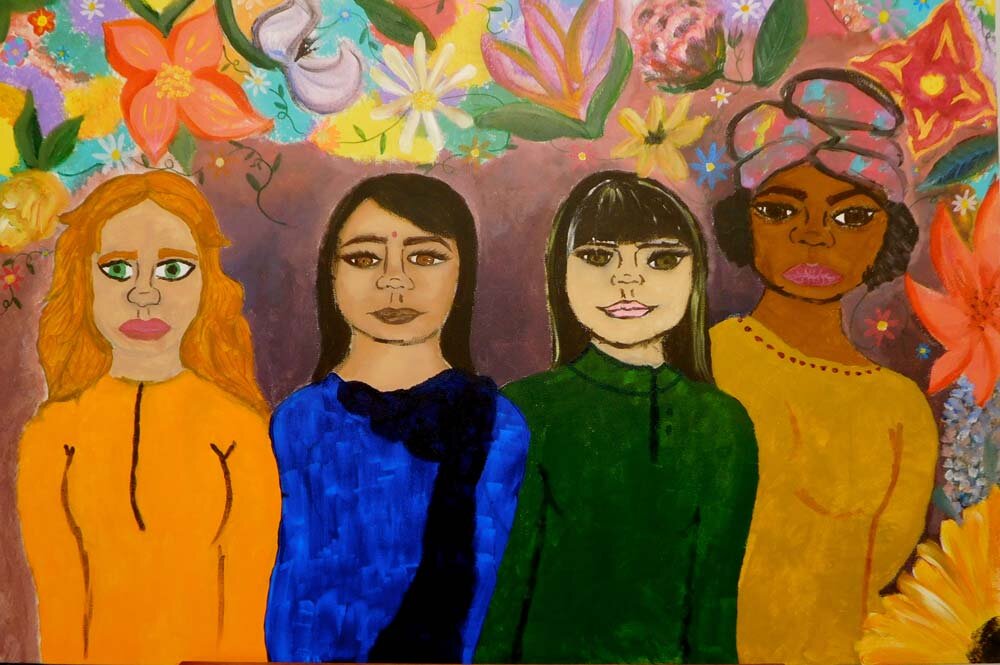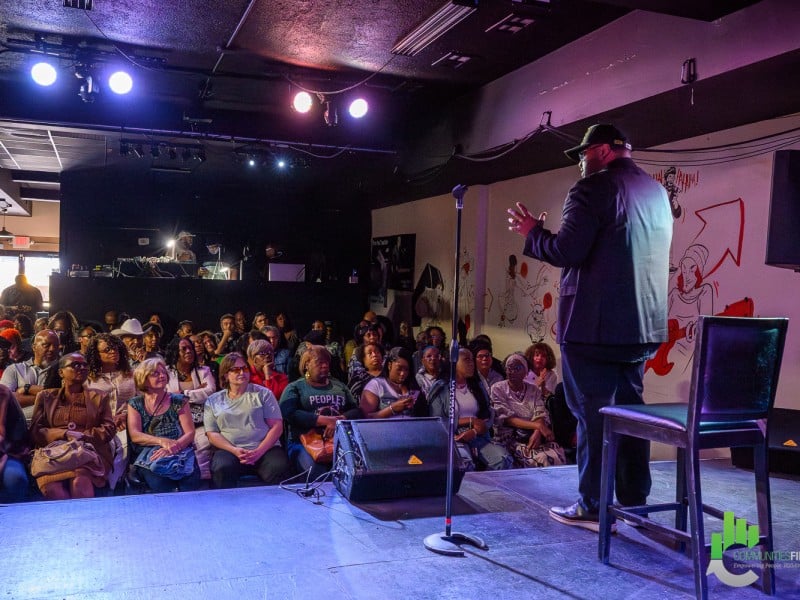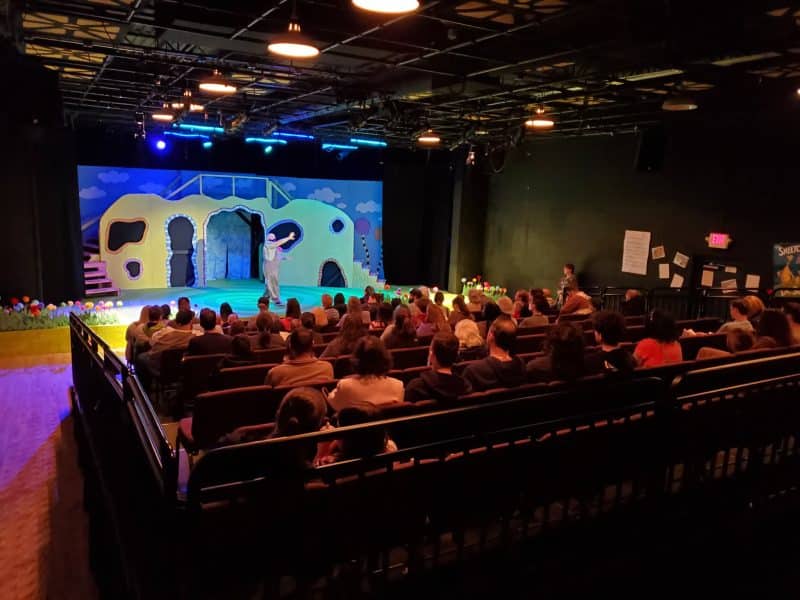Youth Arts: Unlocked finds creative ways to deliver virtual programs at GVRC
Youth Arts: Unlocked had to overcome several challenges to kids at the Genesee Valley Regional Center during the COVID-19 pandemic.

During the COVID-19 pandemic, many organizations that offer vital youth programming have had to revamp how they deliver those services while kids are in quarantine. For Youth Arts: Unlocked, that challenge ran deeper.
Since 2011, Youth Arts: Unlocked has delivered art, dance, yoga, and theatre programs for kids serving sentences in the Genesee Valley Regional Center, a juvenile detention center. Earlier this year, instructors had been teaching classes in the facility three days per week, giving the kids housed there vital access to programming that enhances their creativity and coping skills.
Some of the kids were released from the facility early as part of Michigan’s Stay at Home orders, but approximately 20 have remained — and have needed the outlet the programming provides.
“Many of these kids we’ve worked with over the years hadn’t ever had the opportunity to take an art class,” said Shelly Spivack, founder of Youth Arts: Unlocked. “We were there doing workshops three nights a week, so to suddenly have to stop was pretty dramatic. Especially since these kids were also not able to receive visits from parents or loved ones or others during this time.”
Youth Arts: Unlocked — like many organizations — had to adapt to provide virtual options to students. But, because the facility is a detention center, they also had to coordinate closely with GVRC staff to ensure kids could get access to virtual versions of programs, could get to areas with enough space to socially distance while also being technology-enabled to accommodate video conferencing tools, and the nature of arts and theatre programs themselves created inherent challenges in shifting to virtual delivery.
“By April, we began to see this would not be short-term, and we needed a plan to make sure we could deliver services to the kids,” Spivack said. “Doing theatre, for example, over the internet with social distancing and masks presents quite a challenge, but our teachers have persevered and came up with different formats that have engaged the kids.”
By May, classes had relaunched using Zoom. Each workshop has two teachers, each teaching from their home, three nights per week. The virtual workshops are in theatre, dance, and yoga, and Youth Arts: Unlocked has also created recorded visual arts and writing lessons and written materials that students can do on their own in the facility.
“The GVRC staff has been phenomenal, they continue to welcome us with open arms,” Spivack said. “The kids look forward to these workshops all week. It gives them a way to have contact with others, and with no date at this point when we can go back in-person, the importance of these workshops is going to continue to be magnified.”
Maintaining the program has been vital because it has a long and successful track record of exposing kids to new ways of expressing themselves, which serves them later in life.
“We’ve had kids come up to our teachers in the mall or in different places over the years and thank them or tell them about ways the program has helped them,” Spivack said. “It’s hard to quantify, but for kids who have little hope in their lives, even an ounce of hope can go a long way.”
In addition to just building skills like confidence or public speaking or artistic skills, the workshops also allow students to work through feelings they may be having by putting them in other roles. In theatre, for example, they have to play different people.
“As they become other characters, they have to get outside of themselves and their own problems,” Spivack said. “It develops more of a worldview and creates more empathy, which is necessary to be a productive citizen.”
Youth Arts: Unlocked was assisted by grants from several organizations in implementing virtual workshops, including from the CARES Act, Michigan Humanities Council, and the Michigan Council on Arts and Cultural Affairs, among others.
For more information or to support Youth Arts: Unlocked, visit their website or email youthartsunlocked@gmail.com.
This is part of a series on how COVID-19 has challenged Flint organizations that deliver education services to be innovative in an effort to ensure virtual learning tools and resources are available to students from all economic backgrounds. It is made possible with funding from Google’s Journalism Emergency Relief Fund.






